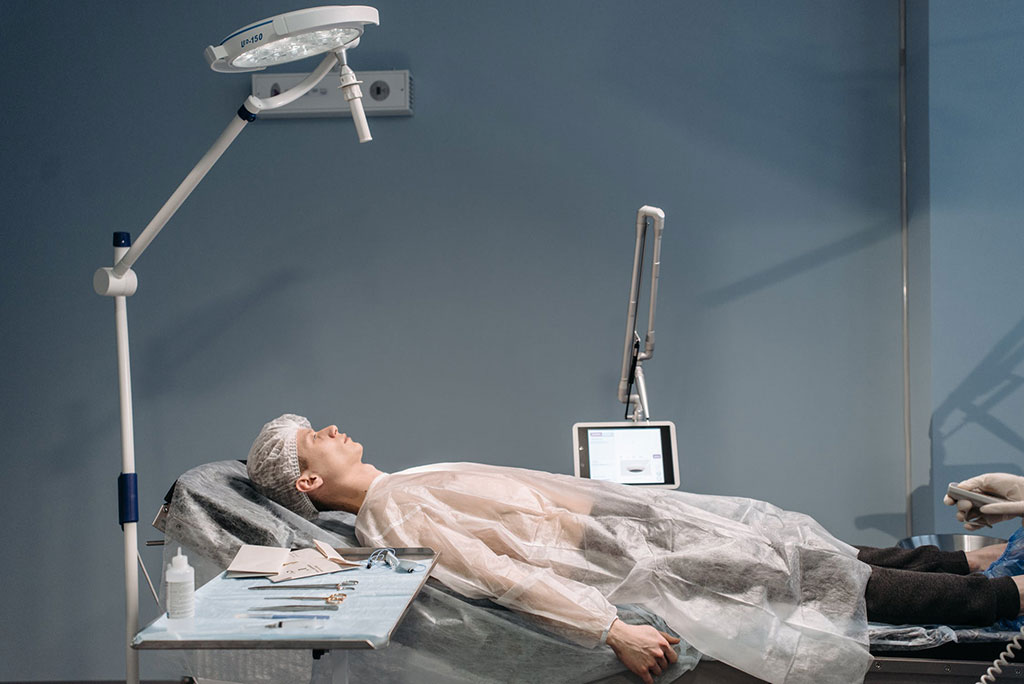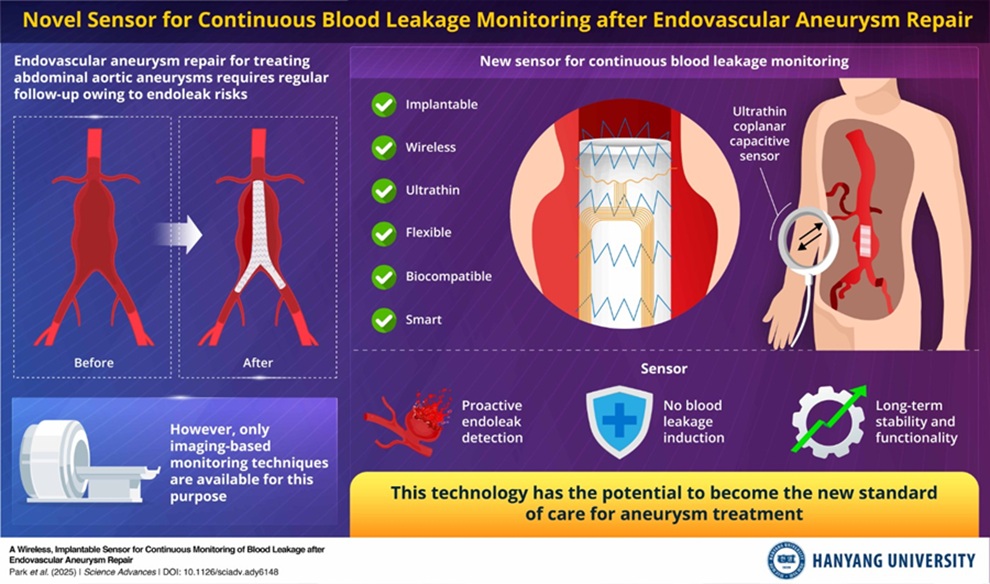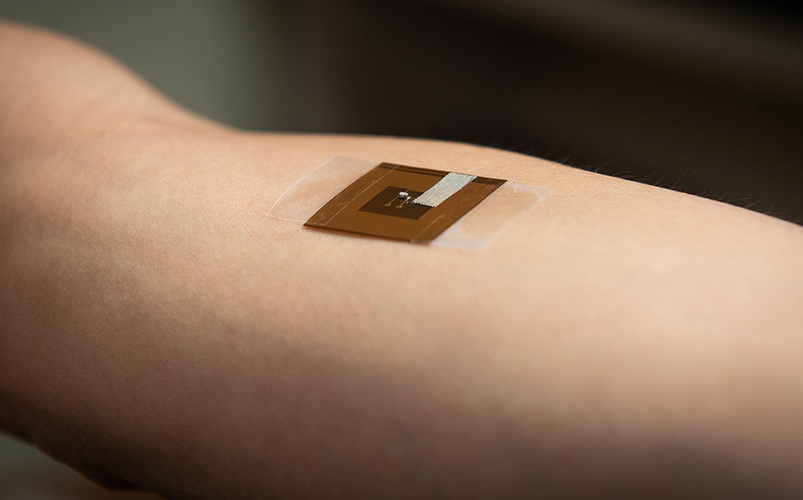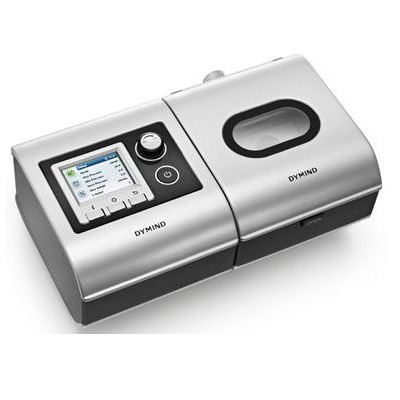Minimally Invasive Device Combined With Molecular Biomarkers Detects Early Esophageal Cancer
|
By HospiMedica International staff writers Posted on 19 May 2022 |

Esophageal cancer remains the sixth-most common cause of cancer death worldwide, claiming the lives of more than half a million people annually. Esophageal squamous cell carcinoma (ESCC) comprises 80% of esophageal cancers globally, with particularly high rates in Asia and southeastern Africa. Early detection of this deadly disease greatly improves survival, but by the time symptoms - such as trouble swallowing, weight loss, anemia or bleeding - become apparent, it’s often too late to cure. Currently, people suspected of having esophageal cancer undergo endoscopies and biopsies, which are very expensive, risky and often unavailable in developing countries, where the risk for the disease is highest. In a small but rigorous pilot study, a novel, minimally invasive biomarker-based strategy has demonstrated a 90% success rate in detecting ESCC.
The strategy developed by researchers at Johns Hopkins University (Baltimore, MD, USA) combines sensitive, specific DNA-based biomarkers with a device consisting of a small gelatin capsule housing a soft sponge attached to a flexible string that can be swallowed. After a few minutes, the capsule dissolves in the stomach, releasing a sponge that’s two centimeters in diameter - about the size of a nickel. As the person administering the capsule pulls the sponge out by the string, it travels upward, collecting cells that line the surface of the patient’s esophagus.
In the newly reported case-control study, the research team administered the test to 94 people - including many in Uganda (a nation with a high-risk population) as well as patients at The Johns Hopkins Hospital. In this study, the three-biomarker gene algorithm used to detect ESCC, including age as a fourth parameter, yielded an Area Under the Curve (AUC) of 0.94, which is generally considered very strong in biomarker research studies. In a totally independent study, subsequently collected test set of patients collected after the biomarker model was constructed, the algorithm successfully classified 90% of patients, with a specificity of 0.87 and a sensitivity (what proportion of people with the disease the test detects) of 0.92. After the test procedure, there was no evidence of bleeding, pain, trauma or other severe adverse reactions among participants. These preliminary results suggest that larger screening trials should be conducted in high-risk populations around the world, according to the researchers.
“With esophageal cancer, diagnosis is a matter of life and death,” said gastroenterologist Stephen Meltzer, M.D., the Myerberg-Hendrix and American Cancer Society Professor of Medicine and Oncology at the Johns Hopkins University School of Medicine. “Currently, there is no inexpensive, minimally invasive screening tool that can be used regularly to diagnose those at risk, including people above age 45 with chronic severe acid reflux disease and those who smoke tobacco, inhale wood smoke (as in some low-income countries), use alcohol or are obese.”
“These findings have global implications, with perhaps the biggest impact on lower-income countries with limited access to health care and resources,” added Meltzer. “We’re talking about possibly saving thousands of lives if we’re able to detect the disease early enough to intervene.”
Related Links:
Johns Hopkins University
Latest Surgical Techniques News
- Robotic Assistant Delivers Ultra-Precision Injections with Rapid Setup Times
- Minimally Invasive Endoscopic Surgery Improves Severe Stroke Outcomes
- Novel Glue Prevents Complications After Breast Cancer Surgery
- Breakthrough Brain Implant Enables Safer and More Precise Drug Delivery
- Bioadhesive Sponge Stops Uncontrolled Internal Bleeding During Surgery
- Revolutionary Nano Bone Material to Accelerate Surgery and Healing
- Superior Orthopedic Implants Combat Infections and Quicken Healing After Surgery
- Laser-Based Technique Eliminates Pancreatic Tumors While Protecting Healthy Tissue
- Surgical Treatment of Severe Carotid Artery Stenosis Benefits Blood-Brain Barrier
- Revolutionary Reusable Duodenoscope Introduces 68-Minute Sterilization
- World's First Transcatheter Smart Implant Monitors and Treats Congestion in Heart Failure
- Hybrid Endoscope Marks Breakthrough in Surgical Visualization
- Robot-Assisted Bronchoscope Diagnoses Tiniest and Hardest to Reach Lung Tumors
- Diamond-Titanium Device Paves Way for Smart Implants that Warn of Disease Progression
- 3D Printable Bio-Active Glass Could Serve as Bone Replacement Material
- Spider-Inspired Magnetic Soft Robots to Perform Minimally Invasive GI Tract Procedures
Channels
Critical Care
view channel
CPR Guidelines Updated for Pediatric and Neonatal Emergency Care and Resuscitation
Cardiac arrest in infants and children remains a leading cause of pediatric emergencies, with more than 7,000 out-of-hospital and 20,000 in-hospital cardiac arrests occurring annually in the United States.... Read more
Ingestible Capsule Monitors Intestinal Inflammation
Acute mesenteric ischemia—a life-threatening condition caused by blocked blood flow to the intestines—remains difficult to diagnose early because its symptoms often mimic common digestive problems.... Read more
Wireless Implantable Sensor Enables Continuous Endoleak Monitoring
Endovascular aneurysm repair (EVAR) is a life-saving, minimally invasive treatment for abdominal aortic aneurysms—balloon-like bulges in the aorta that can rupture with fatal consequences.... Read more
Wearable Patch for Early Skin Cancer Detection to Reduce Unnecessary Biopsies
Skin cancer remains one of the most dangerous and common cancers worldwide, with early detection crucial for improving survival rates. Traditional diagnostic methods—visual inspections, imaging, and biopsies—can... Read morePatient Care
view channel
Revolutionary Automatic IV-Line Flushing Device to Enhance Infusion Care
More than 80% of in-hospital patients receive intravenous (IV) therapy. Every dose of IV medicine delivered in a small volume (<250 mL) infusion bag should be followed by subsequent flushing to ensure... Read more
VR Training Tool Combats Contamination of Portable Medical Equipment
Healthcare-associated infections (HAIs) impact one in every 31 patients, cause nearly 100,000 deaths each year, and cost USD 28.4 billion in direct medical expenses. Notably, up to 75% of these infections... Read more
Portable Biosensor Platform to Reduce Hospital-Acquired Infections
Approximately 4 million patients in the European Union acquire healthcare-associated infections (HAIs) or nosocomial infections each year, with around 37,000 deaths directly resulting from these infections,... Read moreFirst-Of-Its-Kind Portable Germicidal Light Technology Disinfects High-Touch Clinical Surfaces in Seconds
Reducing healthcare-acquired infections (HAIs) remains a pressing issue within global healthcare systems. In the United States alone, 1.7 million patients contract HAIs annually, leading to approximately... Read moreHealth IT
view channel
Printable Molecule-Selective Nanoparticles Enable Mass Production of Wearable Biosensors
The future of medicine is likely to focus on the personalization of healthcare—understanding exactly what an individual requires and delivering the appropriate combination of nutrients, metabolites, and... Read moreBusiness
view channel
Philips and Masimo Partner to Advance Patient Monitoring Measurement Technologies
Royal Philips (Amsterdam, Netherlands) and Masimo (Irvine, California, USA) have renewed their multi-year strategic collaboration, combining Philips’ expertise in patient monitoring with Masimo’s noninvasive... Read more
B. Braun Acquires Digital Microsurgery Company True Digital Surgery
The high-end microsurgery market in neurosurgery, spine, and ENT is undergoing a significant transformation. Traditional analog microscopes are giving way to digital exoscopes, which provide improved visualization,... Read more
CMEF 2025 to Promote Holistic and High-Quality Development of Medical and Health Industry
The 92nd China International Medical Equipment Fair (CMEF 2025) Autumn Exhibition is scheduled to be held from September 26 to 29 at the China Import and Export Fair Complex (Canton Fair Complex) in Guangzhou.... Read more












